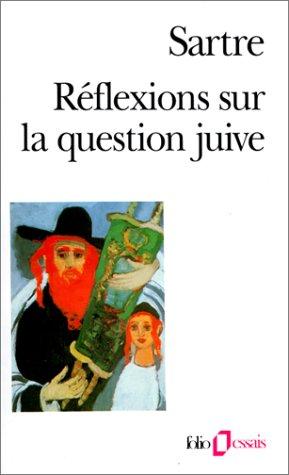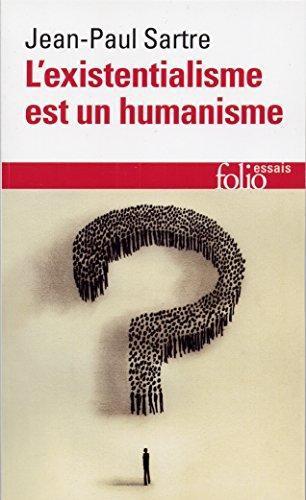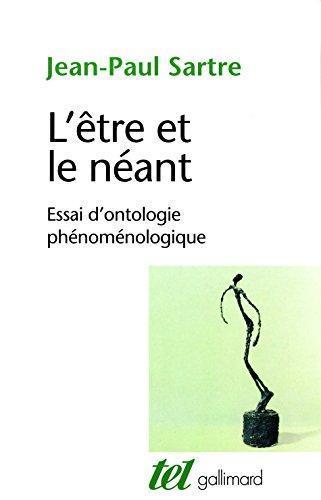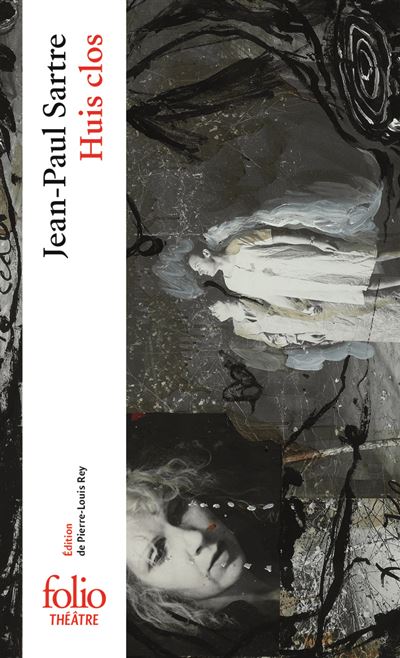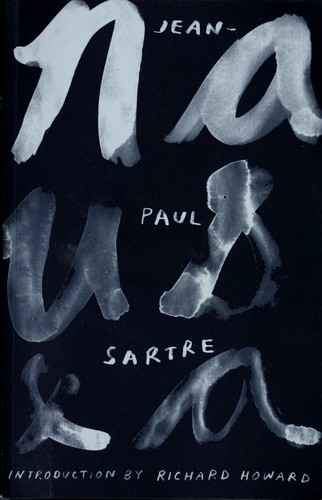Jean-Paul Charles Aymard Sartre (, US also ; French: [saʁtʁ]; 21 June 1905 – 15 April 1980) was one of the key figures in the philosophy of existentialism (and phenomenology), a French playwright, novelist, screenwriter, political activist, biographer, and literary critic, as well as a leading figure in 20th-century French philosophy and Marxism. His work has influenced sociology, critical theory, post-colonial theory, and literary studies, and continues to do so. He was awarded the 1964 Nobel Prize in Literature despite attempting to refuse it, saying that he always declined official honors and that "a writer should not allow himself to be turned into an institution."Sartre held an open relationship with prominent feminist and fellow existentialist philosopher Simone de Beauvoir. Together, Sartre and de Beauvoir challenged the cultural and social assumptions and expectations of their upbringings, which they considered bourgeois, in both lifestyles and thought. The conflict between oppressive, spiritually destructive conformity (mauvaise foi, literally, 'bad faith') and an "authentic" way of "being" became the dominant theme of Sartre's early work, a theme embodied in his principal philosophical work Being and Nothingness (L'Être et le Néant, 1943). Sartre's introduction to his philosophy is his work Existentialism Is a Humanism (L'existentialisme est …
Jean-Paul Sartre
Informations sur l’auteur ou l’autrice
- Pseudonymes :
-
Zhan-Pol Sartër, Zhan-Polʹ Sartr, Zan Pol Sart, et 106 autres
Jyām̐ Pāla Sārtra, Jean-Paul Sarte, Rangbao'er Sate, Chō̜ng-Pō̜n Sāt, Sarutoru, Žans Puolės Sartros, ז'אן פול סארטר, ஜான் பவுல் சாட்டர், 薩特, ژان پول سارتر, Sha-tʻe, Jean-Paul Charles Aymard Sartre, ז'ן פול סרטר, ჟან-პოლ სარტრი, জঁ-পল সার্ত্র্, ዥን-ፖል ሳትራ, Jean P. Sartre, G'on Pol Sarṭr, Jean Paul Sartre, 沙特, Ǧān Pūl Sārtir, Žanas Polis Sartras, Lan-Pol Carttar, Жан-Пол Сартр, Žans Pols Sartrs, Sartre, ژانپل سارتر, Жан Поль Сартр, Sate, J. P. Sartre, Jean-Paul Sartre, Jean-Paul Satre, Jang-Pao-erth Sa-t'e, ジャン=ポール・サルトル, 让-保罗·萨特, Chong-Pon Sat, Жан-Поль Сартр, Ժան Պոլ Սարտր, ז'אן-פול סארטר, Жан-Поль Сартp, ഷാൺ-പോൾ സാർത്ര്, ฌ็อง-ปอล ซาทร์, Сартр, Žan-Pol Sartr, سارتر، جان پول, Żan Polʹ Sartr, Zhan-Pol' Sartr, Zjan Pol Sartr, ז׳אן פול סארטר, Ǧān Būl Sārtar, Žān Pul Sārtir, جان-بول سارتر،, ज्यां-पाल सार्त्र, Ioannes Paulus Sartre, Sa-t'e, J.-P. Sartre, Ḻāṉ-Pōl Cārttar, Zhān-Pūl Sārtar, Paul Sartre, Rangbao’er Sate, ယန်းပေါလ်ဆတ်, Ǧān Būl Sārtr, ژاں پال سارتر, Zhan-Pol Sartur, Jān-Būl Sārtar, Sartrs, G'on Pol Sartr, Jacques Guillemin, Jan Pol Sartr, J.-P Sartre, Sa te, J. P サルトル, J.P. Sartre, Ğūn Būl Sārtir, Ζαν-Πωλ Σαρτρ, जां-पल सारत्रे, Jang-Pao-erh Sa-tʻe, 让.保罗 萨特, జీన్ పాల్ సార్ట్రే, זשאן-פאל סארטרע, Ж.-П Сартр, Zhan-Pol Sartŭr, Rang.Baoluo Sate, Ch̜̄ong-P̜̄on Sāt, Zhan-Pul Sartar, Shate, ג׳אן פון סארטר, Sha-t'e, ג׳אן פול סארטר, 萨特, ז׳אן־פול סארטר, ژان-پل سارتر, ਜ਼ਾਂ ਪਾਲ ਸਾਰਤਰ, جان بول سارتر،, Zhan-Pol Sarter, Sa-tʻe, ژان پل سارتر, Žan Pol Sartr, ژان پۆڵ سارتەر, 장폴사르트르, ಜೀನ್ ಪಾಲ್ ಸರ್ಟೆ, سارتر، جان پول،, ジャン・ポール サルトル, L̲ān̲-Pōl Cārttar, جان بول سارتر, Jan-Bul Sartar - Naissance :
- 21 juin 1905
- Décès :
- 15 avril 1980
Liens externes
Jean-Paul Charles Aymard Sartre (, US also ; French: [saʁtʁ]; 21 June 1905 – 15 April 1980) was one of the key figures in the philosophy of existentialism (and phenomenology), a French playwright, novelist, screenwriter, political activist, biographer, and literary critic, as well as a leading figure in 20th-century French philosophy and Marxism. His work has influenced sociology, critical theory, post-colonial theory, and literary studies, and continues to do so. He was awarded the 1964 Nobel Prize in Literature despite attempting to refuse it, saying that he always declined official honors and that "a writer should not allow himself to be turned into an institution."Sartre held an open relationship with prominent feminist and fellow existentialist philosopher Simone de Beauvoir. Together, Sartre and de Beauvoir challenged the cultural and social assumptions and expectations of their upbringings, which they considered bourgeois, in both lifestyles and thought. The conflict between oppressive, spiritually destructive conformity (mauvaise foi, literally, 'bad faith') and an "authentic" way of "being" became the dominant theme of Sartre's early work, a theme embodied in his principal philosophical work Being and Nothingness (L'Être et le Néant, 1943). Sartre's introduction to his philosophy is his work Existentialism Is a Humanism (L'existentialisme est un humanisme, 1946), originally presented as a lecture.
